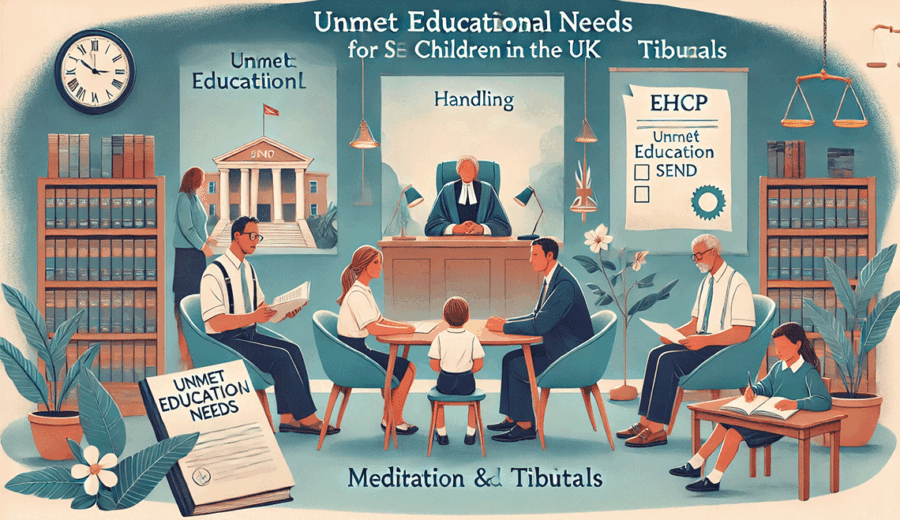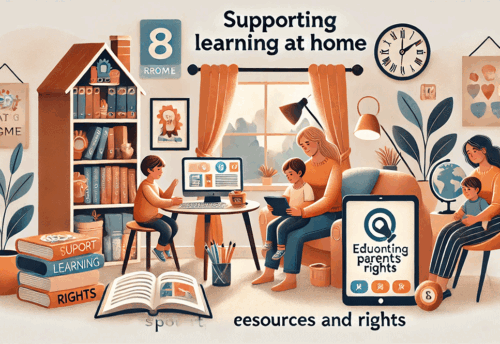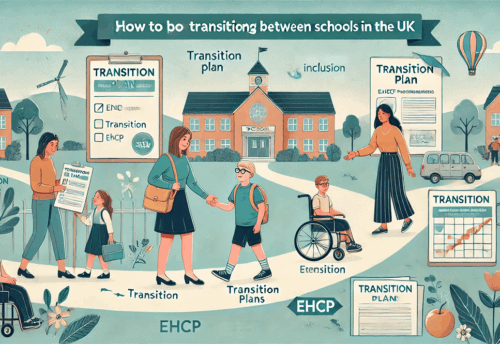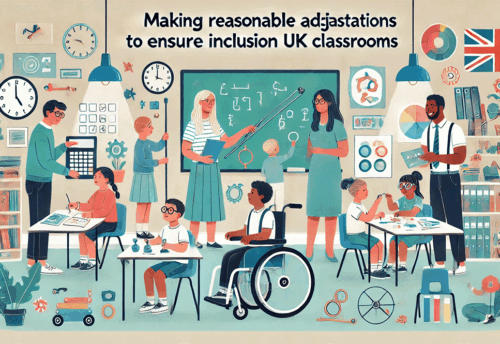
November 27, 2024
Mediation and Tribunals
What to Do if Your Child’s Educational Needs Aren’t Met: Mediation and Tribunals
When a child with special educational needs and disabilities (SEND) isn’t receiving adequate support, parents have the right to seek resolution through mediation and, if necessary, appeal to a tribunal. Here’s an in-depth guide on how to address unmet educational needs effectively:
1. Recognizing the Problem
1.1 Signs That Needs Aren’t Being Met
- The Education, Health, and Care Plan (EHCP) isn’t being followed.
- Lack of reasonable adjustments or support in school.
- Exclusion from activities due to disabilities.
- Declining academic or emotional well-being.
1.2 Common Issues
- Delays in EHCP assessments or decisions.
- Inadequate funding or resources for support.
- Disagreements about school placement.
2. Initial Steps to Resolve Issues
2.1 Communication with the School
- Schedule a meeting with teachers and the SENCO (Special Educational Needs Coordinator).
- Discuss your concerns and request specific changes or support.
- Keep a record of meetings and written communications.
2.2 Contacting the Local Authority
- Raise concerns if the school isn’t addressing the issue.
- Request a formal review of the EHCP, if applicable.
3. Mediation
3.1 What is Mediation?
- A voluntary process where parents and the local authority work with an independent mediator to resolve disagreements.
3.2 When to Use Mediation
- Disagreements over EHCP content, delivery, or school placement.
- Before escalating to a tribunal (required in most cases).
3.3 The Mediation Process
- Request Mediation: Notify the local authority and mediation service.
- Prepare Your Case: Gather evidence, such as reports from therapists or assessments.
- Attend the Session: A mediator facilitates discussions to reach an agreement.
- Outcome: Agreements are documented and implemented.
3.4 Benefits of Mediation
- Faster and less stressful than a tribunal.
- Maintains relationships between parents, schools, and local authorities.
- Often results in practical solutions.
4. Taking the Case to a Tribunal
4.1 Special Educational Needs and Disability (SEND) Tribunal
- An independent body that hears appeals related to:
- EHCP assessments or contents.
- School placements.
- Disability discrimination claims.
4.2 How to Appeal
- Submit an Appeal: File within two months of the decision or mediation certificate.
- Provide Evidence: Include documents like medical reports, school records, and EHCPs.
- Attend the Hearing: Present your case before a panel.
- Decision: The tribunal issues a legally binding decision.
4.3 Legal Representation
- While legal representation isn’t required, you can seek support from:
- Advocacy services like IPSEA (Independent Parental Special Education Advice).
- SENDIASS (SEND Information, Advice, and Support Services).
- Solicitors specializing in education law.
5. Preparing for Mediation or Tribunal
5.1 Gather Evidence
- Copies of EHCPs, reports from specialists, and correspondence with schools or local authorities.
5.2 Build Your Case
- Highlight the impact of unmet needs on your child’s education and well-being.
5.3 Seek Support
- Engage advocacy services or legal advisors to guide you through the process.
6. Understanding Your Rights
6.1 Under the Law
- Children and Families Act 2014: Ensures the right to adequate SEND support.
- Equality Act 2010: Protects against discrimination in education.
6.2 Local Authority Obligations
- Must ensure EHCPs are implemented effectively.
- Required to fund necessary support and adjustments.
7. Common Challenges and How to Overcome Them
7.1 Delays
- Push for timely responses by citing legal deadlines.
- Escalate persistent delays to a tribunal.
7.2 Financial Constraints
- Highlight the legal obligation to meet needs regardless of budget issues.
- Request funding from alternative sources or grants.
8. Resources for Parents
- IPSEA: Free legal advice and support.
- SENDIASS: Information and advocacy services.
- Contact: Provides guidance and resources for SEND families.
9. Moving Forward
- Stay persistent and informed throughout the process.
- Focus on your child’s best interests, balancing cooperation with assertiveness.
- Celebrate small victories, as each step improves your child’s educational journey.





Leave a Reply